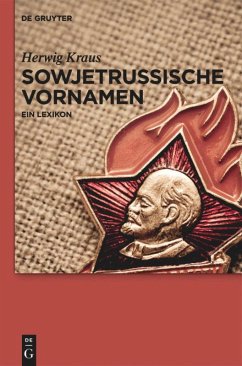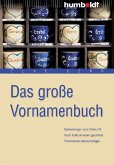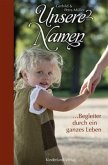Among the curiosities of the Soviet period are the "revolutionary” first names that were inspired by the communist ideology. The Orthodox Church lost its monopoly over the giving of names with the Bolshevik seizure of power. Instead of a name taken from the church calendar it was possible to choose any desired word as a first name. Often only specialists recognize that the name "Melor” for example stands for the initials of Marx, Engels, Lenin and October Revolution. And "Trolebuzin” has nothing to do with the trolleybus, but originated from the first letters of Trotsky, Lenin, Bukharin and Zinov’ev. The "revolutionary” namegiving was only a temporary phenomenon, but the unusual creations appeared and still continue to appear in a not insignificant number as first names and patronymics. This volume throws light upon a so far unexplored chapter of modern Russian history and for the first time makes possible the deciphering of the artificially constructed first names that were created wholesale after 1917, such as "Lenmar”, "Marksen” or "Ninel”.
Zu den Kuriositäten der Sowjetzeit gehören die von der kommunistischen Ideologie inspirierten neuen "revolutionären" Vornamen. Mit der bolschewistischen Machtergreifung verlor die orthodoxe Kirche das Monopol der Namengebung. Statt eines Namens aus dem Kirchenkalender konnte nun jedes beliebige Wort als Vorname gewählt werden. Oft ist nur für Spezialisten erkennbar, daß sich z.B. hinter "Melor" die Initialen von Marx, Engels, Lenin und Oktoberrevolution verbergen, und "Trolebuzin" nichts mit einem Trolleybus gemeinsam hat, sondern aus den Anfangsbuchstaben von Trockij, Lenin, Bucharin und Zinov'ev entstand. Die "revolutionäre" Vornamengebung war zwar nur eine vorübergehende Erscheinung, die ungewöhnlichen Kreationen kamen und kommen aber immer noch in beträchtlicher Zahl als Vor- und Vatersnamen vor. Das vorliegende Lexikon beleuchtet ein bislang unerforschtes Kapitel der neueren russischen Geschichte und Onomastik und ermöglicht erstmalig das Dechiffrieren der nach 1917 massenweise gebildeten künstlichen Vornamen wie "Lenmar", "Marksen" oder "Ninel".
Zu den Kuriositäten der Sowjetzeit gehören die von der kommunistischen Ideologie inspirierten neuen "revolutionären" Vornamen. Mit der bolschewistischen Machtergreifung verlor die orthodoxe Kirche das Monopol der Namengebung. Statt eines Namens aus dem Kirchenkalender konnte nun jedes beliebige Wort als Vorname gewählt werden. Oft ist nur für Spezialisten erkennbar, daß sich z.B. hinter "Melor" die Initialen von Marx, Engels, Lenin und Oktoberrevolution verbergen, und "Trolebuzin" nichts mit einem Trolleybus gemeinsam hat, sondern aus den Anfangsbuchstaben von Trockij, Lenin, Bucharin und Zinov'ev entstand. Die "revolutionäre" Vornamengebung war zwar nur eine vorübergehende Erscheinung, die ungewöhnlichen Kreationen kamen und kommen aber immer noch in beträchtlicher Zahl als Vor- und Vatersnamen vor. Das vorliegende Lexikon beleuchtet ein bislang unerforschtes Kapitel der neueren russischen Geschichte und Onomastik und ermöglicht erstmalig das Dechiffrieren der nach 1917 massenweise gebildeten künstlichen Vornamen wie "Lenmar", "Marksen" oder "Ninel".
"Es besteht kein Zweifel, dass Herwig Kraus mit seinem Lexikon sowjetrussischer Vornamen einen außerordentlich wichtigen Beitrag zur russischen Namenkunde geleistet hat, der nicht nur für Slawisten und Osteuropahistoriker, sondern auch für Politologen und darüber hinaus für alle an der russischen Geschichte Interessierten von großer Bedeutung ist. Man kann dem Lexikon sowjetrussischer Vornamen nun nur noch eine weite Verbreitung wünschen [...]."
Helmut W. Schaller in: Bibliothek und Medien 35,1-2/2015
Helmut W. Schaller in: Bibliothek und Medien 35,1-2/2015








